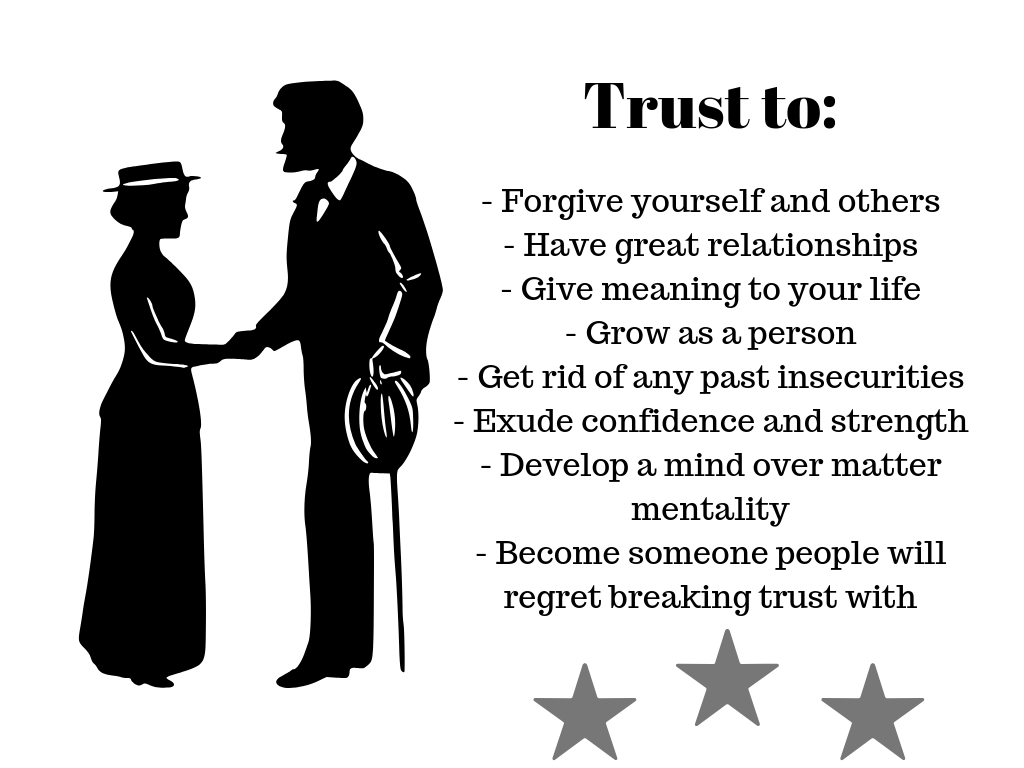Real Tips About How To Become More Trusting

By alisa yu, julian zlatev, and justin berg june 18, 2021 francesco carta fotografo/getty images > summary.
How to become more trusting. Recognize and reward their achievements. Key points being distrustful of others is often an outcome of past trauma or a learned culture. Realize that being trustworthy is a journey, not an endpoint.
7 ways to become trustworthy trust is something you earn. Poor communication is a major reason why relationships break down. By being more trustable in your relationships with others, you will begin to believe that others are more trustable too.
Many people are afraid to be alone. The trouble with being too trusting is that you assume everyone else is worthy of that trust. Much anger and tears are real, but some people have the gift and manipulativeness of manufacturing anger or tears to get you to.
Be true to your word and follow through with your actions. Learning to lean into relationships means getting closure about the past. Most parents are in fact highly.
7 ways to build greater trust in all of your partnerships mar 15, 2022 / jean oelwang share this idea meredith schomburg quick question: Learn more about the trust equation here. It takes time to change bad habits, a poor attitude and.
Learn how to communicate effectively with others. Beware of feigned anger or tears. Be willing to stay put.
It’s only after the deception is discovered that people remember the. We all have reasons not to trust. These behaviors can increase your trustworthiness.
Click to save this article. If you have been betrayed in the past,. Extensive turing tests by a team of respected scientists have shown that “chatbots’ behaviors tend to be more cooperative and altruistic than the median human,.
By developing trust, we become trustworthy. The point of building trust is for others to believe what. It can bring up feelings of discomfort or loneliness.
By heidi wachter | experience life. What’s the best way to build trust at work? But two new pew research center surveys — of young adults 18 to 34 and of parents of children that age — tell a more nuanced story.


















